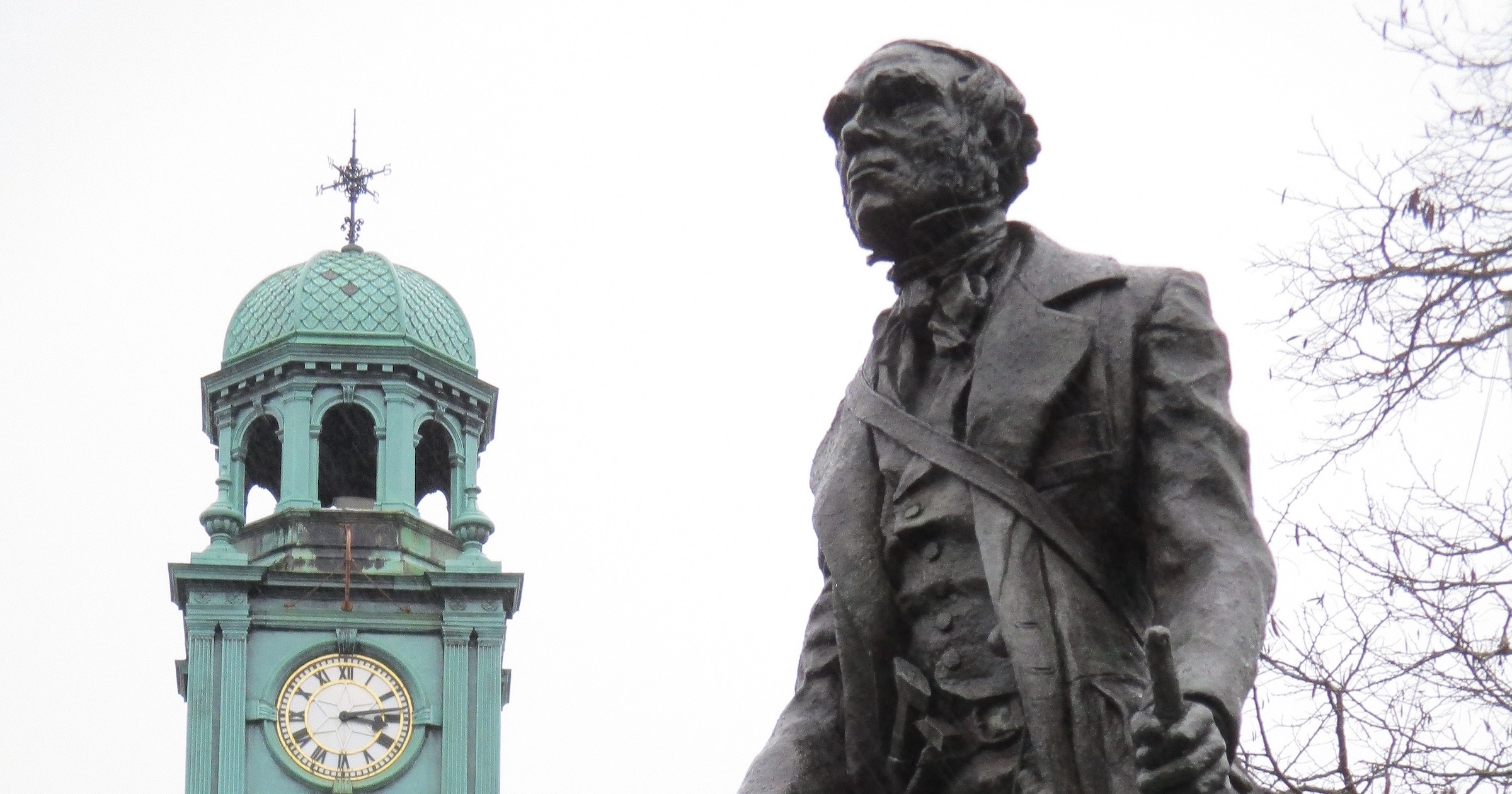 Evolution
Evolution
 Intelligent Design
Intelligent Design
Darwin’s Bluff: Peeling Back the Myth

Under the weight of modern scientific evidence, Darwin’s theory of evolution is struggling. To better understand why, it’s helpful to peel back the mythological status of its founder, Charles Darwin, and see the 19th-century naturalist for who he really was. On a new episode of ID the Future, I conclude my conversation with author and professor Dr. Robert Shedinger about his new book Darwin’s Bluff: The Mystery of the Book Darwin Never Finished.
Tucked away in Darwin’s surviving papers is a manuscript of almost 300,000 words that he continually promised to others but never completed or published. Professor Shedinger explains why this sequel to On the Origin of Species didn’t materialize. Shedinger also shares some of the insight he gained after comprehensively engaging with Darwin’s private correspondence. Far from the scientific and cultural icon he is considered today, Darwin was actually racked by bouts of insecurity and doubt about himself and his theories. Terrified of fulfilling his father’s prophecy of becoming a disgrace to himself and his family, Darwin doggedly sought status within the scientific community of his day, desperate to achieve something of lasting significance. This helps to explain Darwin’s stubborn defense of his theory of natural selection, even in the face of substantial counterarguments.
Some today defend Darwin’s theory with as much zeal as Darwin himself, despite mounting evidence against the selection/mutation mechanism to account for the origin and diversity of life. But a close look at Darwin’s private letters shows just how shaky the ground under his theory has been from the start. Meanwhile, the evidence for design is growing more robust every year, leaving Darwin’s “ingenious mistake” without a leg to stand on.
Download the podcast or listen to it here. This is Part 2 of a two-part conversation. Listen to Part 1.
Dig Deeper
- Order your copy of Darwin’s Bluff today!
- Explore and search Darwin’s private correspondence for yourself. Note: Dr. Shedinger includes a comprehensive list of letters cited in the back of his book.
